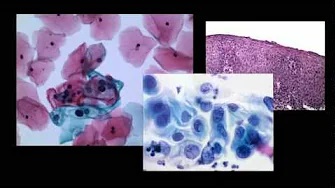Document Type
Article
Publication Date
1-1-2022
Abstract
Native Americans are the least represented population in science fields. In recent years, undergraduate and graduate level summer research programs that aimed to increase the number of Native Americans in science have made some progress. As new programs are designed, key characteristics that address science self-efficacy and science identity and provide supports for Native American students' commitment to a scientific career should be considered. In this study, we used sequential mixed methods to investigate the potential of culturally tailored internship programs on Native American persistence in science. We analyzed surveys (n = 47) and interviews (n = 4) with Native American students to understand their perceptions of themselves in relation to science research and how summer research experiences might develop science identities. Based on regression modeling, science identity, but not science self-efficacy, predicted intent to persist in science. In turn, science self-efficacy and Native American identity predicted science identity, and this suggests cultural identity is central to Native American persistence in science. In interviews, students' comments reinforced these findings and shed light on students' reasoning about the kinds of science experiences they sought; specifically, they chose to participate in culturally tailored internships because these programs provided a sense of belonging to the scientific community that did not conflict with their cultural identities. Based on our analysis, we propose an Indigenous science internship model and recommend that agencies target funding for culturally tailored programs from high school through early-investigator levels as well as provide inclusive programmatic and mentoring guidelines.
Recommended Citation
Chow-Garcia N, Lee N, Svihla V, Sohn C, Willie S, Holsti M, Wandinger-Ness A. Cultural identity central to Native American persistence in science. Cult Stud Sci Educ. 2022;17(2):557-588. doi: 10.1007/s11422-021-10071-7. Epub 2022 Jan 29. PMID: 35126768; PMCID: PMC8800555.

